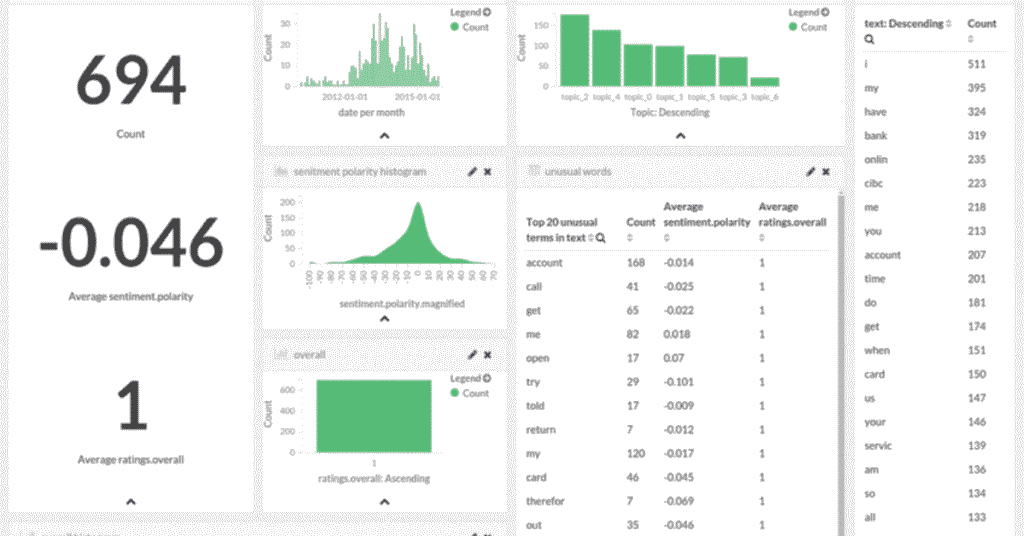Our Location
304 North Cardinal St.
Dorchester Center, MA 02124

Choosing the right industrial product can make or break your business. From tools and machines to materials and electronics, the quality of what you invest in impacts productivity, cost-efficiency, safety, and overall performance.
In this guide, we’ll break down exactly how to identify whether an industrial product is good or bad, based on technical specs, reviews, testing, certifications, and more.
Industrial tools and equipment are used in high-pressure environments like factories, construction sites, and engineering units. Poor-quality tools lead to:
On the other hand, high-quality tools ensure:
Good Tools Traits:
Bad Tools Traits:
Example:
A Makita power drill will generally outperform a no-name equivalent in longevity and performance.

Good Tools Have:
Bad Tools Lack:
Why It Matters:
Certification proves that the product meets industry benchmarks, which ensures safety, performance, and reliability.
Good Tool Indicators:
Bad Tool Indicators:
Where to Check:
Good Industrial Tools:
Bad Industrial Tools:
Importance:
Testing ensures the product performs as promised. No test means no reliability.
Good Tools:
Bad Tools:
Visual Inspection Tip:
Check for rough edges, paint chips, and imbalance in weight.
Watch out for:
Always buy from certified vendors or official websites to avoid risk.
Good Tools Provide:
Bad Tools Usually Have:
Why It Matters:
No warranty = No confidence from the manufacturer. Always demand Tool protection.

Good Industrial Tools Are:
Bad Tools Are:
Why This Matters Today:
Sustainability is a must in 2025. A product that saves electricity = long-term savings.
Good Tools:
Bad Tools:
Example:
Choosing a product with standard nuts, bolts, and blades makes repairs easier.
Good Tools:
Bad Tools:
Golden Rule:
Investing in quality saves time, money, and reputation.

Good Tools Are:
Bad Tools Are:
Pro Tip:
Watch product tests on YouTube or product unboxing by technical reviewers.
| Feature | Description |
|---|---|
| ✅ Certification | ISO, CE, BIS, RoHS |
| ✅ Warranty | 1 year minimum |
| ✅ Brand | Trusted name, history |
| ✅ Reviews | 4-star average |
| ✅ Build | Solid, ergonomic |
| ✅ Service | Responsive, nationwide |
| ✅ Energy Use | Low power, eco-friendly |
| ✅ Spare Parts | Easily available |
| ✅ Tested | Field-tested and verified |
| ✅ Expert Support | Engineering documentation, demo available |
| Feature | Description |
|---|---|
| ❌ No Warranty | No buyer protection |
| ❌ No Certification | Fake or missing marks |
| ❌ Poor Build | Weak, flimsy parts |
| ❌ Low Rating | Complaints from users |
| ❌ No Service | Unreachable support |
| ❌ Overpriced | Not justified for quality |
| ❌ No Demo | Blind purchase |
| ❌ High Maintenance | Frequent breakdowns |
| ❌ Fake Reviews | Over-promotion |
| Feature | Good Product Example | Bad Product Example |
| Build Material | Stainless Steel, Brass | Low-grade plastic or aluminum |
| Accuracy | ±0.01 mm precision instruments | Inconsistent or no measurement marks |
| Support | Brand warranty & help center | No support, no return policy |
| Price vs Value | Worth the cost, long-term saving | Cheap now, costly later due to repairs |
Case Study 1: Good Product
Case Study 2: Bad Product
These brands are known for consistency, support, and innovation in industrial tools.
✅ Make a checklist for what you need
✅ Match product specs to your requirements
✅ Compare 2–3 brands before buying
✅ Ask for a demo or sample piece
✅ Keep invoices for warranty claims
❌ Buying the cheapest item blindly
❌ Not checking compatibility
❌ Ignoring safety features
❌ Skipping technical details
❌ Buying from unknown sellers
Buying high-quality industrial products means fewer breakdowns, higher safety, and long-term savings. Whether you’re in construction, manufacturing, or tools trading—product quality matters most. In 2025, stay informed, choose verified brands, and invest in tools that build success.
Choosing between a good and a bad industrial product isn’t just about price—it’s about quality, trust, and long-term value. Every point listed in this blog helps you make smarter, safer, and more cost-effective buying decisions in the ever-expanding industrial market of 2025.
Always do your homework, check certifications, read real reviews, and demand product demos before purchasing.
In 2025, top-quality industrial tools should offer:
Durability (hardened alloys, wear-resistant materials)
Precision engineering (tight tolerances, consistent output)
Brand reliability
Certifications (ISO, BIS, CE)
Smart integration (IoT-enabled, digital displays)
Ergonomic design for user comfort
These features indicate longer life, safety, and better performance.
Warning signs include:
No branding or vague manufacturer details
Poor finish or misaligned parts
No warranty or user manual
Unrealistically low pricing
No certifications or compliance marks
Always verify from trusted dealers or compare with official product listings.
Not necessarily. While premium tools often offer better materials and features, some mid-range brands deliver great value with solid performance. The key is to evaluate specs, user reviews, warranties, and build quality—not just the price tag.
Look for:
ISO certifications (e.g., ISO 9001 for quality)
CE mark (for European compliance)
RoHS, BIS, or UL (for safety and material standards)
Tool-specific standards (e.g., ANSI, ASTM)
These confirm safety, durability, and regulatory compliance.
Online reviews are crucial. They provide real-world performance feedback, including insights on:
Reliability
Customer support
Durability over time
Ease of use
Prioritize reviews from verified buyers and industrial users.
If your operations rely on data tracking, automation, or remote monitoring, then smart tools are a great investment. Look for features like:
Bluetooth/Wi-Fi connectivity
App-based diagnostics
Usage tracking
They enhance productivity and maintenance planning.
If possible, request a demo from the supplier. Evaluate:
Grip and balance
Response time or measurement accuracy
Build quality under stress
Noise/vibration levels
Always check if it meets your specific industrial application needs.

Welcome! I am a dedicated entrepreneur running an industrial affiliate product website, helping businesses and professionals find the best tools, equipment, and resources for their needs. With a passion for industrial products and a keen eye for quality, I curate and recommend top-performing items that enhance efficiency and reliability.
Through my platform, I aim to simplify the buying process by providing valuable insights, expert reviews, and trusted affiliate links to high-quality industrial products. Whether you’re looking for the latest machinery, tools, or safety gear, I strive to connect you with the best solutions available.
Thank you for visiting, and I look forward to helping you make informed purchasing decisions!